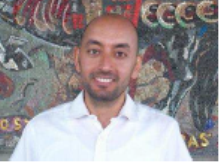The investment decisions of Arab sovereign wealth funds
What are the key objectives of the sovereign wealth funds (SWFs) of Arab countries? This column presents the results of new quantitative analysis, which reveals that these institutions typically pursue a top-down investment strategy in which they first screen target countries or jurisdictions, then target sectors and finally target businesses. In the risk-return trade-off, Arab SWFs seem to put significantly more weight on risk mitigation than on returns.


